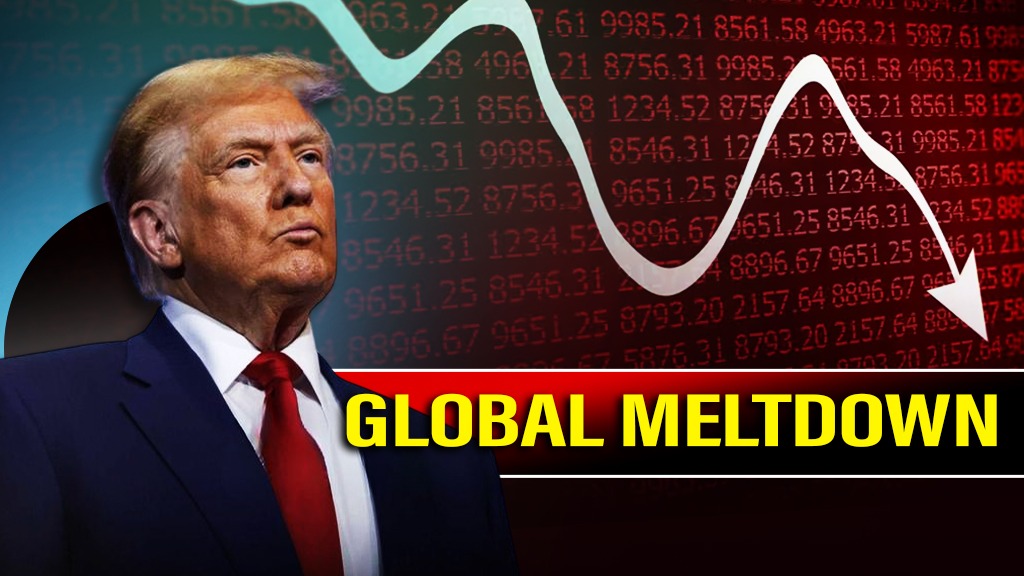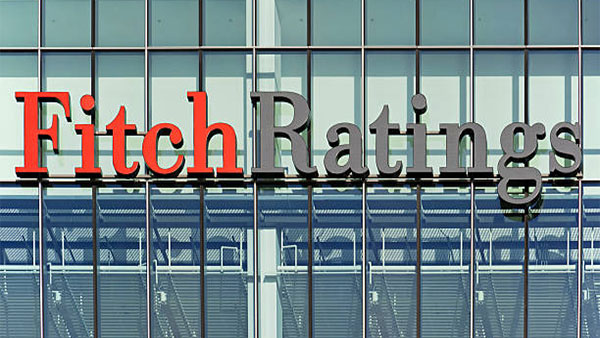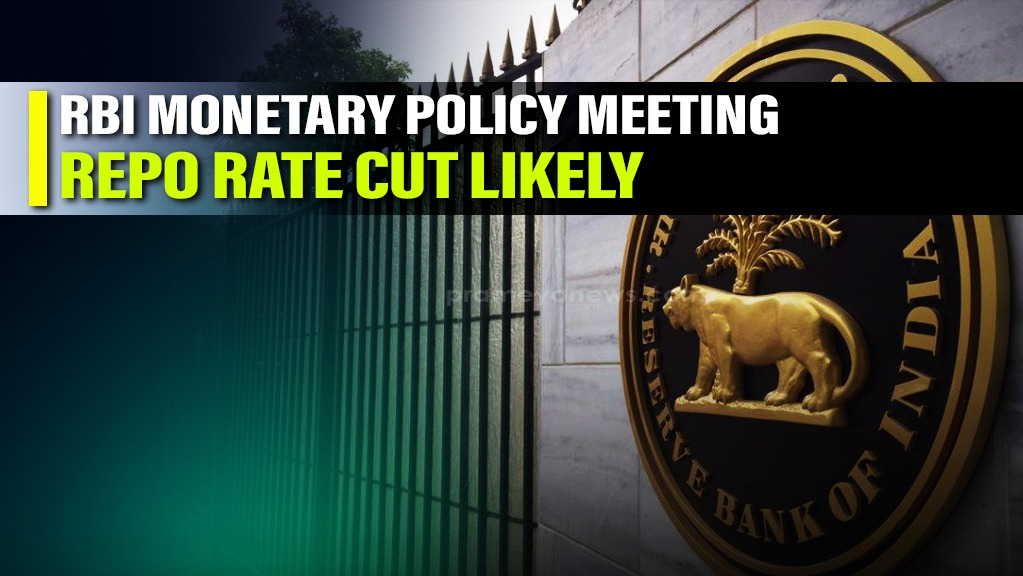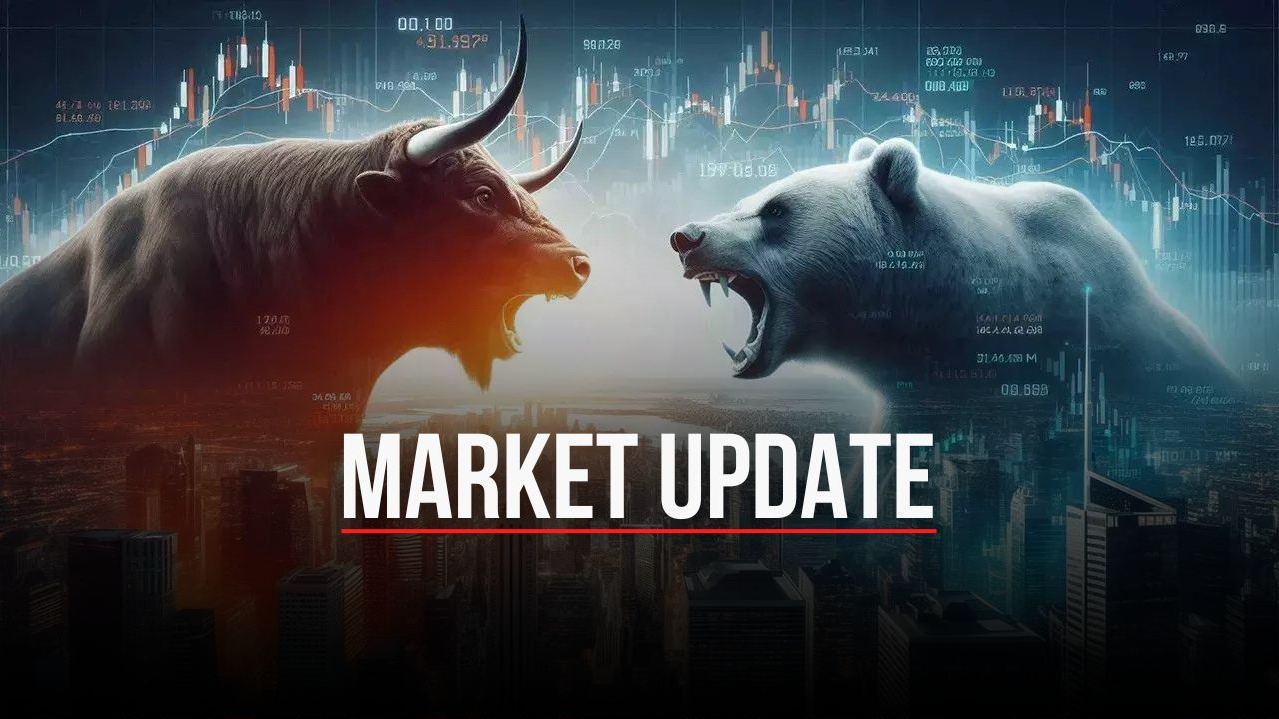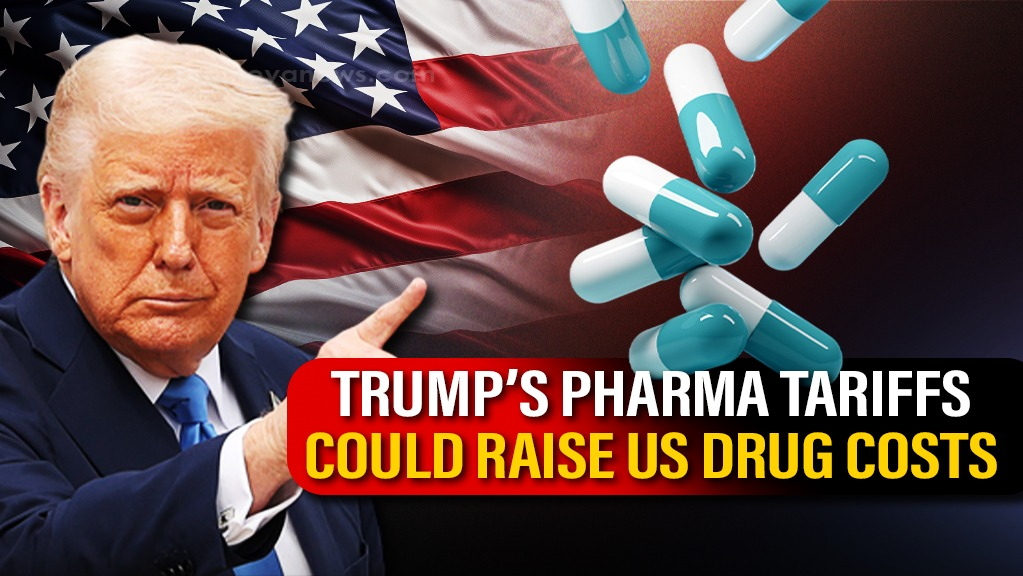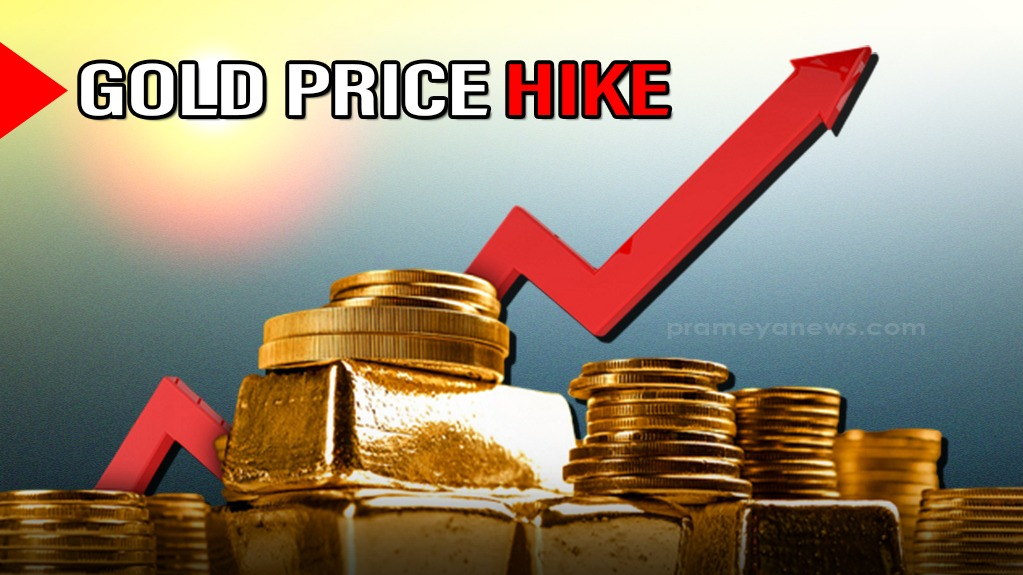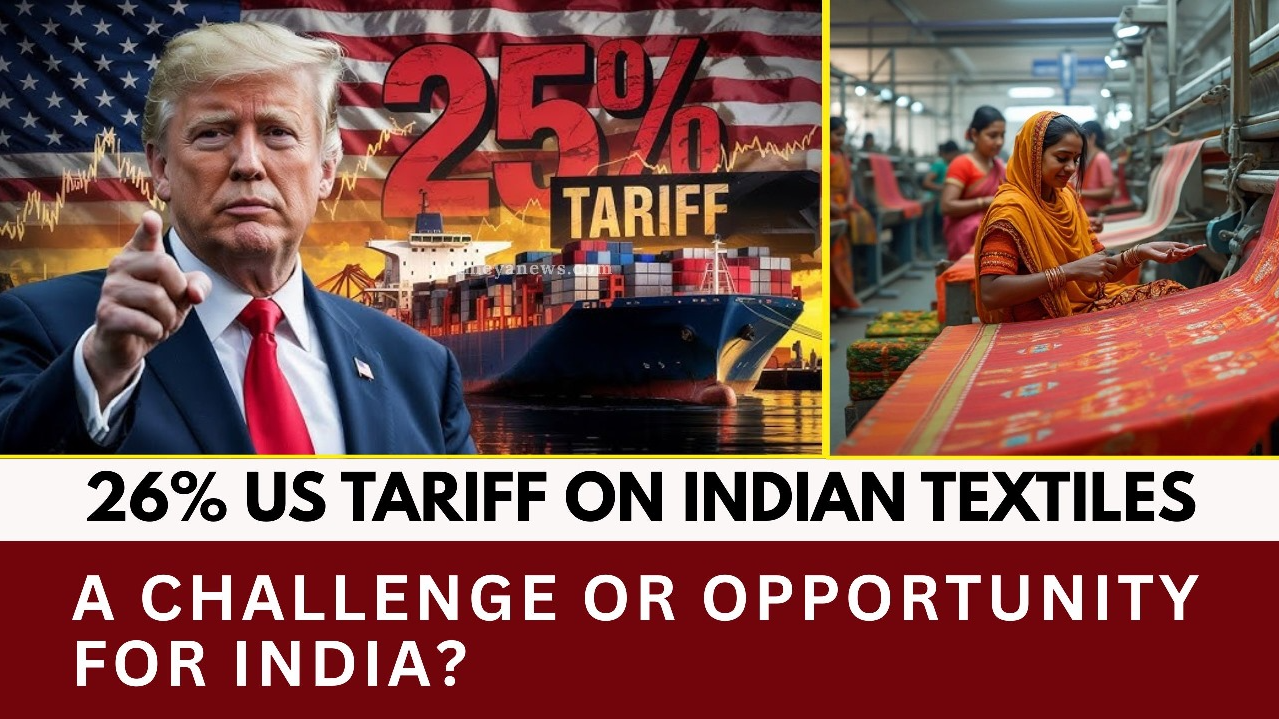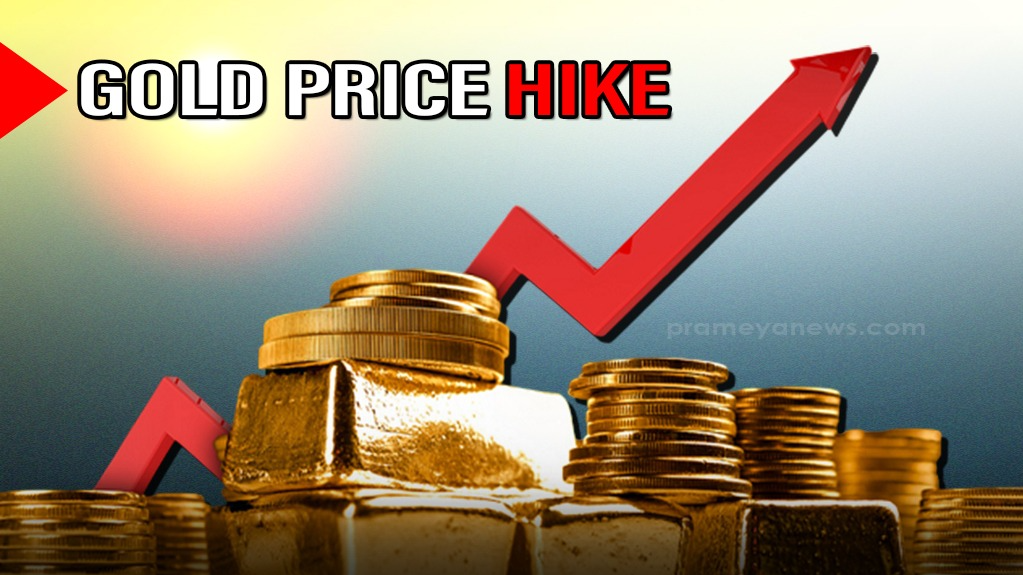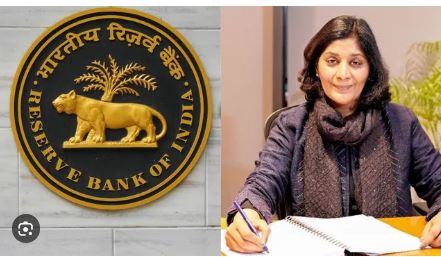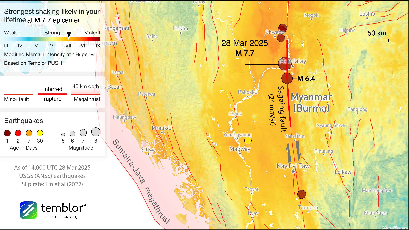US Tariffs Shake Global Markets
The global financial landscape has been thrown into turmoil following the implementation of sweeping US tariffs championed by Donald Trump. Investors worldwide are grappling with heightened uncertainty as markets from Asia to Wall Street register significant losses, raising concerns about the potential for a broader economic downturn.
Widespread Market Declines
The reaction to the tariffs was swift and severe. Major stock indices across the globe experienced sharp declines as President Trump maintained a firm stance, indicating that the tariffs, some potentially reaching 50%, would remain unless other nations agreed to substantial payments. This aggressive posture has done little to soothe market nerves.
Asian markets felt the impact acutely. In Japan, the Nikkei 225 index plummeted to levels not seen in over a year and a half, while markets in Taiwan also faced significant pressure, reminiscent of the volatility seen in early 2020. Financial institutions were particularly hard-hit, with some Japanese banks seeing nearly a quarter of their market value evaporate in just a few trading sessions.
India's markets were not immune to the sell-off. The Sensex and Nifty indices both saw dramatic drops exceeding 5% in early trading. Specifically, the Sensex fell by approximately 2,497 points to 72,867, while the Nifty dropped around 808 points to 22,096. This downturn extended beyond the main indices, with small- and mid-cap stocks experiencing substantial losses as fears of a global recession took hold among investors. This significant drop reflects deep investor anxiety about the potential disruption to trade and economic growth.
Expert Caution and Economic Concerns
Financial analysts are urging caution amidst the volatility. Dr. VK Vijayakumar, Chief Investment Strategist at Geojit Financial Services, highlighted the extreme uncertainty, stating, "No one has a clue about how this turbulence caused by Trump tariffs will evolve." He advised a "wait and watch" approach as the situation unfolds.
The market upheaval has already erased trillions of dollars from global market capitalisation. Despite the significant financial impact, President Trump appeared undeterred, framing the tariffs as necessary measures, akin to "medicine," to rectify perceived imbalances in global trade. However, critics view the strategy as potentially harmful economic pressure.
The US administration maintains that the tariffs aim to reposition the United States in international trade negotiations. This stance was reinforced over the weekend, with reports indicating that while discussions with leaders from Europe and Asia occurred, the US position remained firm: tariff relief would require concessions. Meanwhile, US Customs has begun enforcing a general 10% tariff on imports, with more targeted, country-specific rates expected soon.
International Reactions
Nations affected by the tariffs are exploring their options. Taiwan has reportedly offered to eliminate its tariffs in pursuit of an exemption, while Italy's Prime Minister has promised support for domestic industries impacted by the US measures. India, facing potential 26% tariffs on its exports, is currently engaged in discussions and evaluating its response, according to official sources.
The turbulence extends to the US domestic market, where the Nasdaq index entered bear market territory. Concerns about inflation are rising, and speculation is growing that the Federal Reserve might need to intervene by cutting interest rates sooner than anticipated. Major financial institutions like JPMorgan have revised their US GDP growth forecasts downward, citing the potential for increased unemployment. The situation remains fluid, but the immediate response indicates widespread fear that escalating trade tensions could push the global economy towards a significant crisis if diplomatic solutions are not found quickly. The world watches, hoping stability returns before the economic "medicine" causes more harm than healing.







